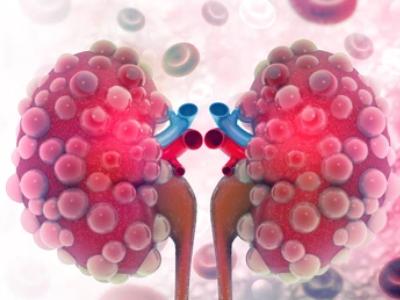Chronic Kidney Disease
- Home
- / Dr. Virendra Chauhan

Chronic Kidney Disease
Symptoms
Fatigue and weakness
Swelling in the legs, ankles, feet, and hands (edema)
Shortness of breath
Nausea and vomiting
Loss of appetite
Persistent itching
Changes in urine output and appearance
Difficulty concentrating
Diagnosis
Blood Tests: To measure levels of creatinine and urea, which can indicate how well the kidneys are functioning.
Urine Tests: To check for the presence of albumin and other substances that may indicate kidney damage.
Imaging Tests: Ultrasound, CT scans, or MRI to visualize the kidneys.
Biopsy In some cases, a kidney biopsy may be performed to determine the cause of kidney damage.
Treatment
Medications: To control blood pressure, manage blood sugar levels, reduce cholesterol, and treat anemia.
Dietary Changes: A low-protein diet, reducing salt intake, and limiting potassium and phosphorus intake.
Lifestyle Modifications:: Regular exercise, quitting smoking, and avoiding alcohol.
Dialysis: For end-stage CKD, dialysis (hemodialysis or peritoneal dialysis) may be necessary to remove waste products and excess fluids from the blood.
Early detection and management of CKD are crucial to slowing its progression and improving the quality of life for affected individuals.